-
Study
-
Quick Links
- Course Search
- Fees and Funding
- Unlock Your Potential
- Still time to Apply
- Higher and Degree Apprenticeships
- Continuing Professional Development
- Still time to apply
-
Undergraduate
- UCAS Clearing & Confirmation 2025
- Application Guides
- UCAS Exhibitions
- Foundation Years
- School & College Outreach
- Information for Parents
-
Postgraduate
- Application Guide
- Postgraduate Research Degrees
- Flexible Learning
- Change Direction
- Register your Interest
-
-
International
International
Northumbria’s global footprint touches every continent across the world, through our global partnerships across 17 institutions in 10 countries, to our 277,000 strong alumni community and 150 recruitment partners – we prepare our students for the challenges of tomorrow. Discover more about how to join Northumbria’s global family or our partnerships.
View our Global Footprint-
Quick Links
- Course Search
- Undergraduate Study
- Postgraduate Study
- Information for Parents
- London Campus
- Northumbria Pathway
- Cost of Living
- Sign up for Information
-
International Students
- Information for Students
- International Events
- Application Guide
- Entry Requirements and Education Country Agents
- Global Offices
- English Requirements
- English Language Centre
- International student support
- Cost of Living
-
International Fees and Funding
- International Undergraduate Fees
- International Undergraduate Funding
- International Masters Fees
- International Masters Funding
- International Postgraduate Research Fees
- International Postgraduate Research Funding
-
International Partners
- Agent and Representatives Network
- Global Partnerships
- Global Community
-
International Mobility
- Information for Northumbria Students
- Information for Incoming Exchange Students
-
-
Business
Business
The world is changing faster than ever before. The future is there to be won by organisations who find ways to turn today's possibilities into tomorrows competitive edge. In a connected world, collaboration can be the key to success.
More on our Business Services -
Research
Research
Northumbria is a research-rich, business-focused, professional university with a global reputation for academic quality. We conduct ground-breaking research that is responsive to the science & technology, health & well being, economic and social and arts & cultural needs for the communities
Discover more about our Research-
Quick Links
- Research Peaks of Excellence
- Academic Departments
- Research Staff
- Postgraduate Research Studentships
- Research Events
-
Research at Northumbria
- Interdisciplinary Research Themes
- Research Impact
- REF
- Partners and Collaborators
-
Support for Researchers
- Research and Innovation Services Staff
- Researcher Development and Training
- Research Ethics and Integrity
- University Library - Open Access
- Vice Chancellors Fellows
-
Research Degrees
- Postgraduate Research Overview
- Doctoral Training Partnerships and Centres
- Academic Departments
-
Research Culture
- Research Culture
- Research Culture Action Plan
- Concordats and Commitments
-
-
About Us
-
About Northumbria
- Our Strategy
- Our Staff
- Place and Partnerships
- Leadership & Governance
- Academic Departments
- University Services
- History of Northumbria
- Contact us
- Online Shop
-
-
Alumni
Alumni
Northumbria University is renowned for the calibre of its business-ready graduates. Our alumni network has over 246,000 graduates based in 178 countries worldwide in a range of sectors, our alumni are making a real impact on the world.
Our Alumni - Work For Us
What will I learn on this module?
This module will give an entrepreneurial and management focus to your creative interest in visual arts. You will learn how to facilitate arts and cultural expressions in community and commerial art settings, developing skills in organisational management, partnerships and fundraising, gallery administration, planning of exhibitions and programmes, digital technologies and cross-media marketing. You will be challenged to think critically and creatively about the why, who and how of visual arts and gallery management, as a specialist area of the cultural and creative industries sector. Sessions will include hands-on planning and programming as well as instruction and seminars by experienced professionals.
How will I learn on this module?
This module encourages self-directed and group learning, supported and guided by the teaching team of active practitioners. Experiential activities, team work and first-hand experience with managing galleries and visual arts organisations will be combined with talks and seminars to foster curiosity and analytical skills, as well as ongoing development of management skills. Digital technologies are essential for production and organising in this sector, and this is reflected in the teaching methods. We feature TEL-enhanced, group and one-on-one approaches to teaching & learning, emphasising student-centred and practical activities.Technology is central to this process as a tool supporting the everyday learning activities (through audio and visual materials, discussion boards, collaborations, blogs and student websites), which offers equal opportunities for both campus and distance students.
How will I be supported academically on this module?
Your module tutor will play an active role in guiding you through module sessions through timetabled classes, e-learning interactive activities and one-on-one electronic and office support. Seminars, tutorials and on-site industry trips (in-person or through audio and video sessions) will offer additional opportunities to experience processes and issues, and ask to questions. All course materials will be made available on the relevant module e-Learning Portal sites.
At Department and Faculty level, the Student Administration and Support Centre (SASC) provides a place to ask questions (e.g. regarding timetables, late submissions and personal extenuating circumstances). SASC will refer you to the correct university service if it cannot directly help you.
What will I be expected to read on this module?
All modules at Northumbria include a range of reading materials that students are expected to engage with. Online reading lists (provided after enrolment) give you access to your reading material for your modules. The Library works in partnership with your module tutors to ensure you have access to the material that you need.
What will I be expected to achieve?
Knowledge & Understanding:
1. Critical understanding of fine art, visual arts and gallery management, and their policy, societal and operating environments, discourses and debates
2. Advanced knowledge of the literature relating to the what, why and how of gallery management
Intellectual/Professional skills & abilities:
1. Demonstrate the cognitive and intellectual skills required to effectively manage strategic processes and working practices in visual art and gallery sector
2. Demonstrate ability to identify, synthesise, evaluate and communicate solutions for complex situations in this field
Personal Values Attributes:
1. Gain an awareness of strategic visioning, employability and enterprise opportunities in relation to professional development by demonstrating curiosity, creativity and community engagement through arts practice
How will I be assessed?
FORMATIVE
Formative assessment will be carried out throughout the seminar sessions where students will discuss literature, issues and themes; undertake problem-orientated tasks; and complete weekly e-tivities relating to a wider range of issues pertinent to the fine art, visual arts and galleries sector aimed at all four Knowledge and Skills MLOs. Peer and tutor feedback, and self-reflection, will encourage Personal Values attributes of sensitivity, ethics and curiosity. Formative assessment will also be carried out through the briefing and development sessions in relation to the summative assessment.
SUMMATIVE
The summative assessment will be a 4000 word essay demonstrating student's understanding of the complex contexts and operating environments related to management in their specialist visual arts area of interest, using specific practice-oriented case studies (80%), plus an online/in-class presentation on their specialist topic equivalent to 1000 words (20%). Both will require students to demonstrate and elaborate all MLOs in the synthesis of theory to practice.
Pre-requisite(s)
none
Co-requisite(s)
none
Module abstract
Please find details of this module in the other sections provided.
Course info
Credits 30
Level of Study Postgraduate
Mode of Study 1 year Full Time
1 other options available
Department Northumbria School of Design, Arts and Creative Industries
Location City Campus, Northumbria University
City Newcastle
Start September 2025
All information is accurate at the time of sharing.
Full time Courses are primarily delivered via on-campus face to face learning but could include elements of online learning. Most courses run as planned and as promoted on our website and via our marketing materials, but if there are any substantial changes (as determined by the Competition and Markets Authority) to a course or there is the potential that course may be withdrawn, we will notify all affected applicants as soon as possible with advice and guidance regarding their options. It is also important to be aware that optional modules listed on course pages may be subject to change depending on uptake numbers each year.
Contact time is subject to increase or decrease in line with possible restrictions imposed by the government or the University in the interest of maintaining the health and safety and wellbeing of students, staff, and visitors if this is deemed necessary in future.
Useful Links
Find out about our distinctive approach at
www.northumbria.ac.uk/exp
Admissions Terms and Conditions
northumbria.ac.uk/terms
Fees and Funding
northumbria.ac.uk/fees
Admissions Policy
northumbria.ac.uk/adpolicy
Admissions Complaints Policy
northumbria.ac.uk/complaints

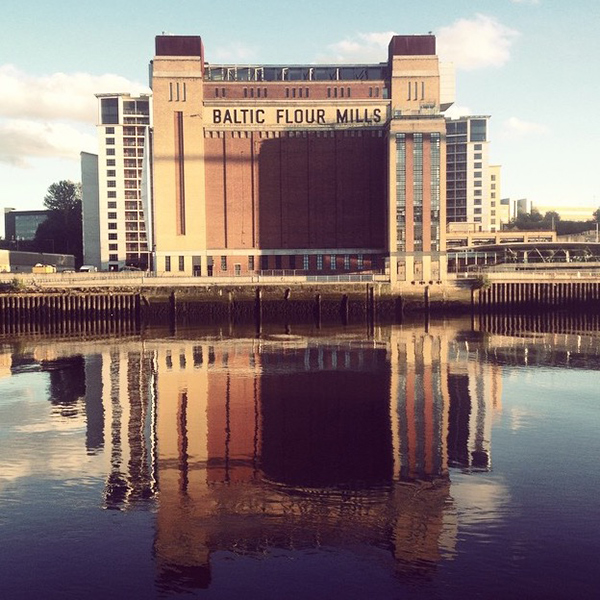

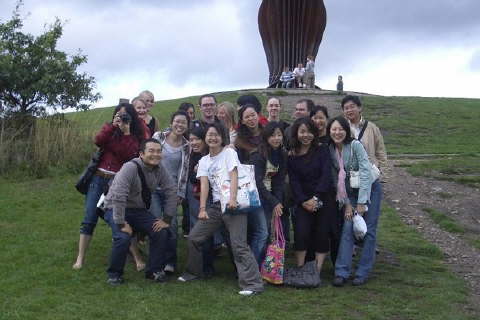
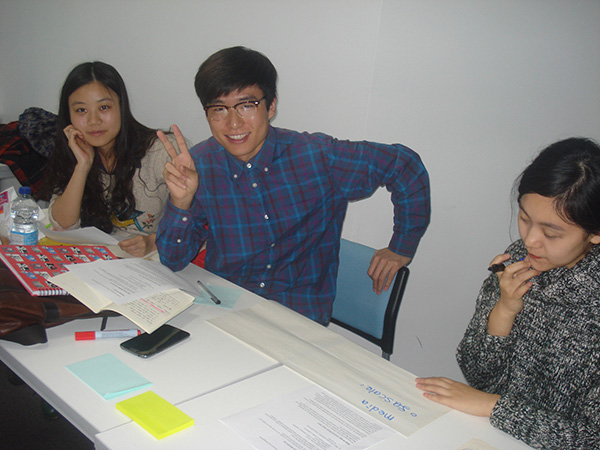
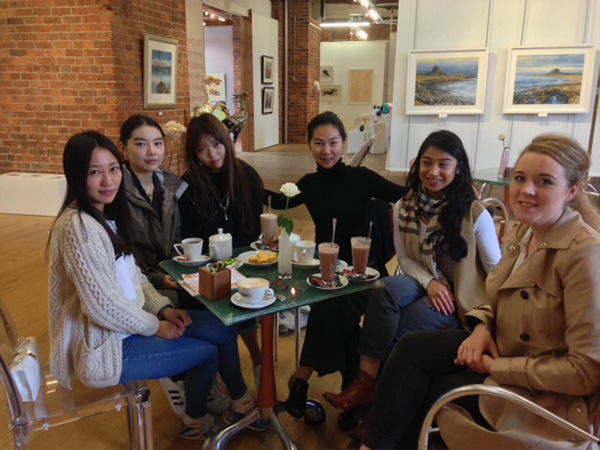

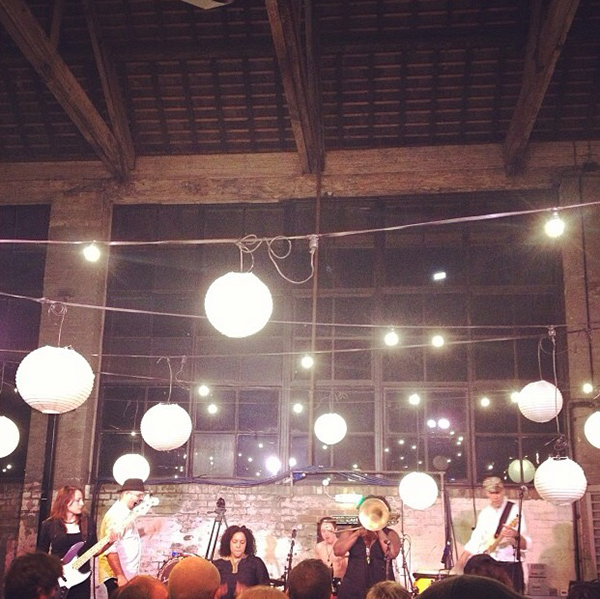
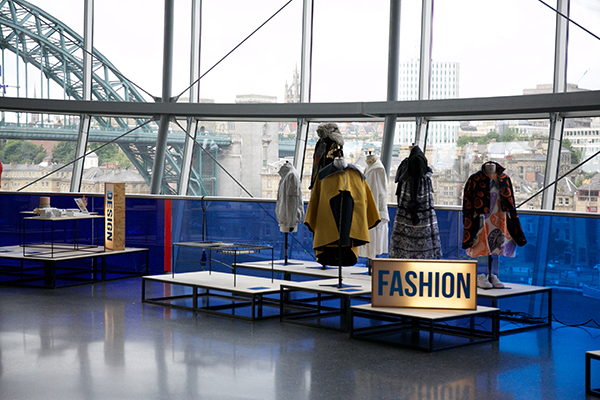
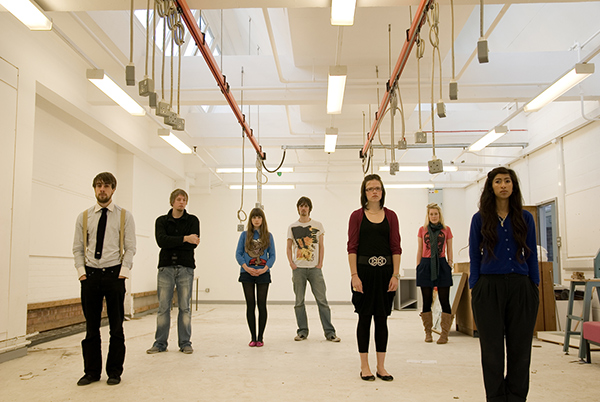
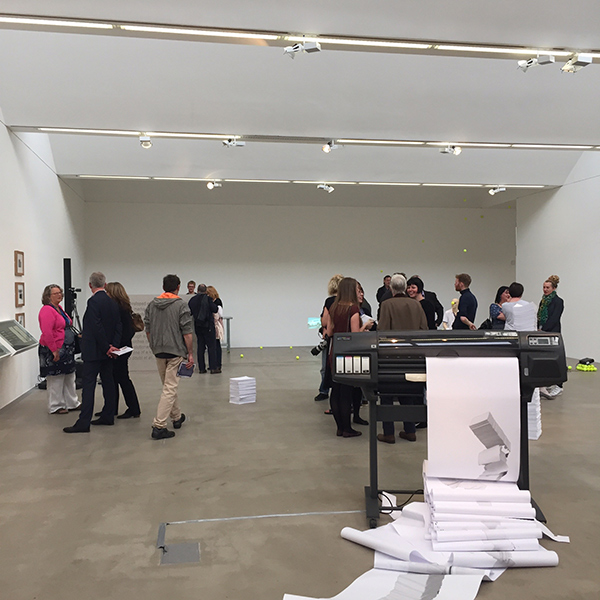
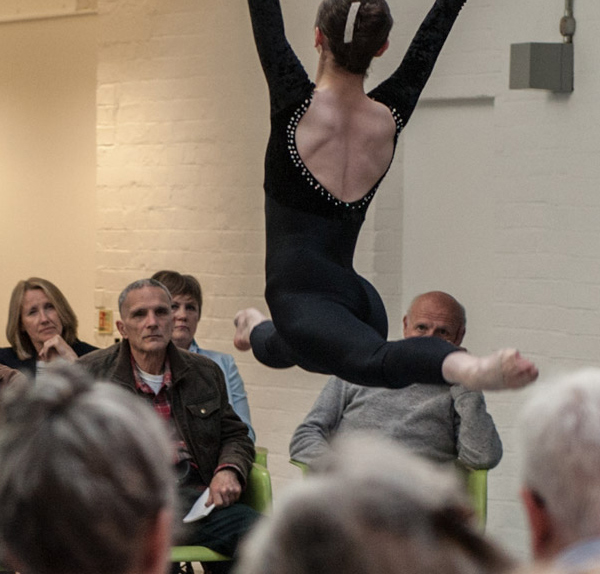
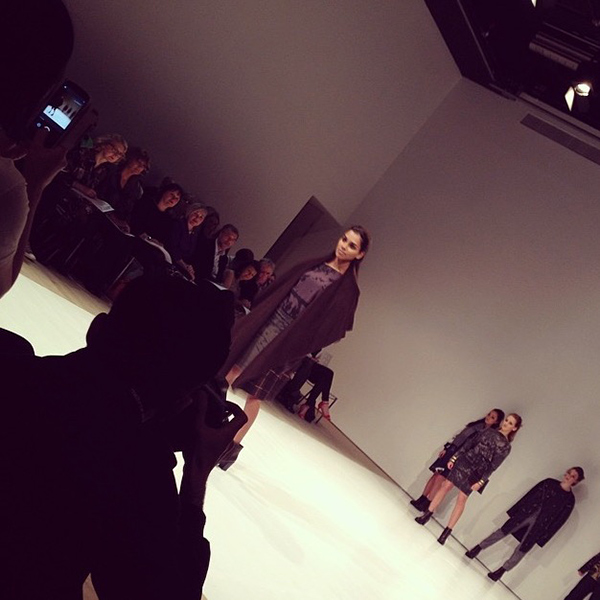
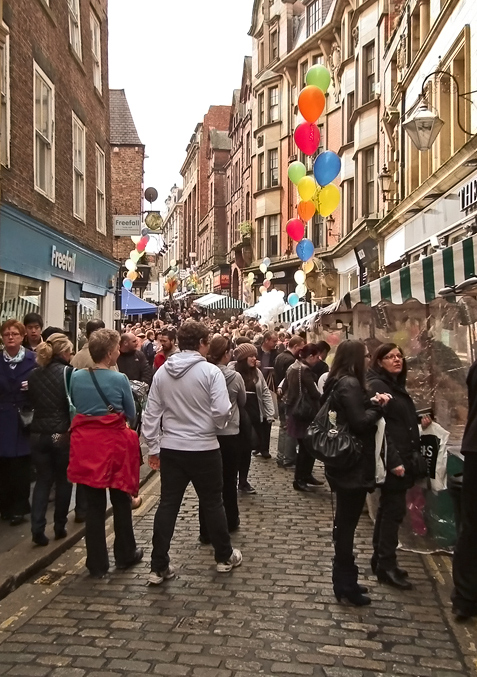

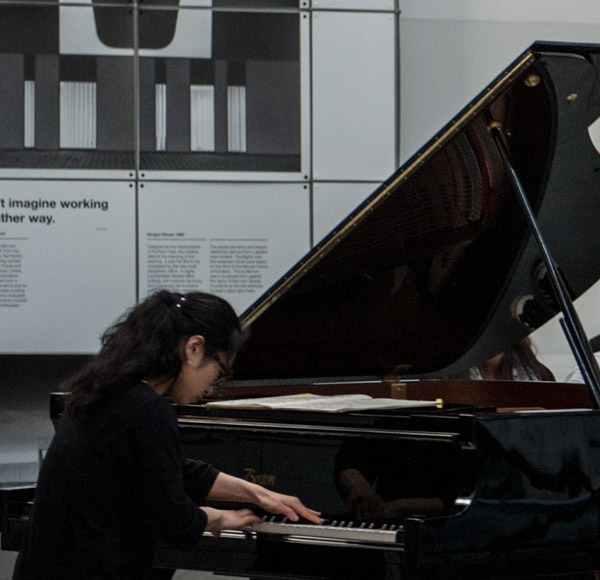
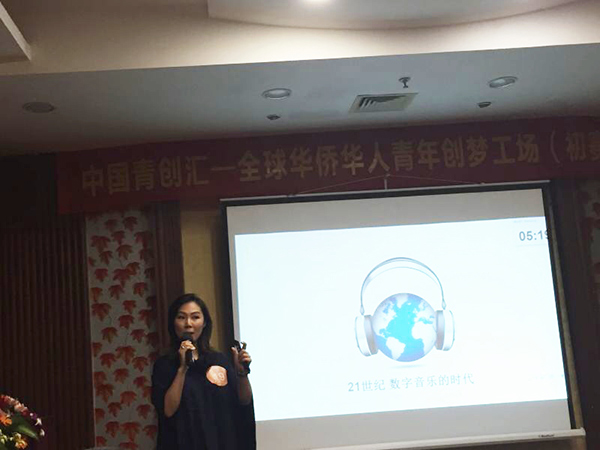



.png?modified=20250630105204)







